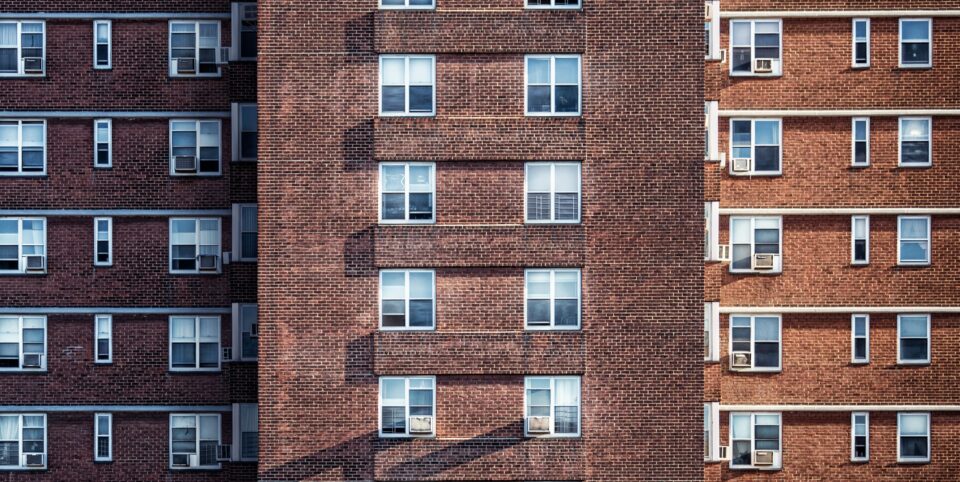Contact
020 4515 6728
info@ccameron.co.uk
Charles Cameron & Associates
Blackfriars Foundry
154-156 Blackfriars Road
London SE1 8EN
Buying and owning a leasehold home
April 5, 2023
Information published was correct at the time of writing
What you should know before you buy

Thinking of buying a new home? Buying a property is likely to be the largest purchase you will ever make, and the decision on whether to opt for a leasehold versus freehold may well come down to your situation. If you’re looking to buy an apartment, it’s likely that you’ll be looking at a leasehold property. There are a number of factors to consider when deciding whether or not to buy a leasehold property. First, it is important to be aware of the differences between freehold and leasehold ownership. Freehold ownership means that you own the property outright, including the land it’s built on. If you buy a freehold, you’re responsible for maintaining your property and land, so you’ll need to budget for these costs.
FLEXIBILITY AND SECURITY
Leasehold ownership gives you the right to live in and use the property for a set period of time – typically 99 or 125 years. It offers flexibility and security, and can be a good way to get on the property ladder for firsttime buyers or those on a budget. However, there are some considerations before making a decision. One key issue is that your lease will eventually expire, at which point you will need to either renew it or move out of the property. You’ll want to avoid leases that have less than 80 years as you’ll probably find it more difficult to sell the property at the point the lease reaches its end. As long as you’ve owned the property for at least two years, you can add 90 years to your lease for a fair market price.
‘PEPPERCORN’ – OR ZERO
Another consideration is ground rent. This is a fixed annual fee payable on existing leases in England and Wales that, prior to 30 June, leasehold homeowners paid to their property’s freeholder, essentially for the use of the land on which the property stands. From 30 June in England and Wales ground rent was abolished on all new leases when the Leasehold Reform (Ground Rent) Act became law. The result being that ground rent on new leases will never be more than a ‘peppercorn’ – or zero.
CHANGES OR IMPROVEMENTS
However, ground rent is still payable under the provisions of a previous lease (pre-extension) until the end of the original term. The legislation does not apply retrospectively, so any leaseholder with a rent reserving a lease will still be obliged to pay that rent. Another key consideration is that as a leasehold homeowner you may have less control over your property. For example, you may need to get permission from the freeholder before making any changes or improvements to your home.
HOMEOWNERSHIP OVERHEADS
Buying an apartment in a larger building usually means that the common areas are managed by the building’s management company and you’ll pay a monthly fee as part of your lease. Typically, as a leasehold homeowner, a service charge will go towards a ‘sinking’ or ‘reserve’ fund. With all the other leaseholders contributing to general maintenance costs, you’ll avoid the often significant expenses like roof repairs, painting and decorating of communal areas and, sometimes, even things like window replacement. Overall, you’ll have less of the homeownership overheads to worry about.
LANDOWNER’S RESPONSIBILITY
It’s also typically the landowner’s responsibility to insure the building, so you won’t need to worry about that either. Although you should have a contents insurance policy to protect your valuables. The legal concept of collective enfranchisement provides leaseholders with the right to purchase the freehold of their property. There does need to be an agreement of 50% of leaseholders to move forward with such a plan.
COLLECTIVE ENFRANCHISEMENT
This gives leasehold homeowners greater control over their homes and the ability to make improvements without the permission of the landlord. The process can be complex and expensive, so it is important to seek professional advice before proceeding. But for many leaseholders, the benefits of collective enfranchisement outweigh the costs and hassle involved. If you are thinking of taking this step, you should speak to a solicitor who specialises in leasehold law to find out more.
Don’t forget, our professional friendly advisers are on hand to support you and can help you explore all of your options.



